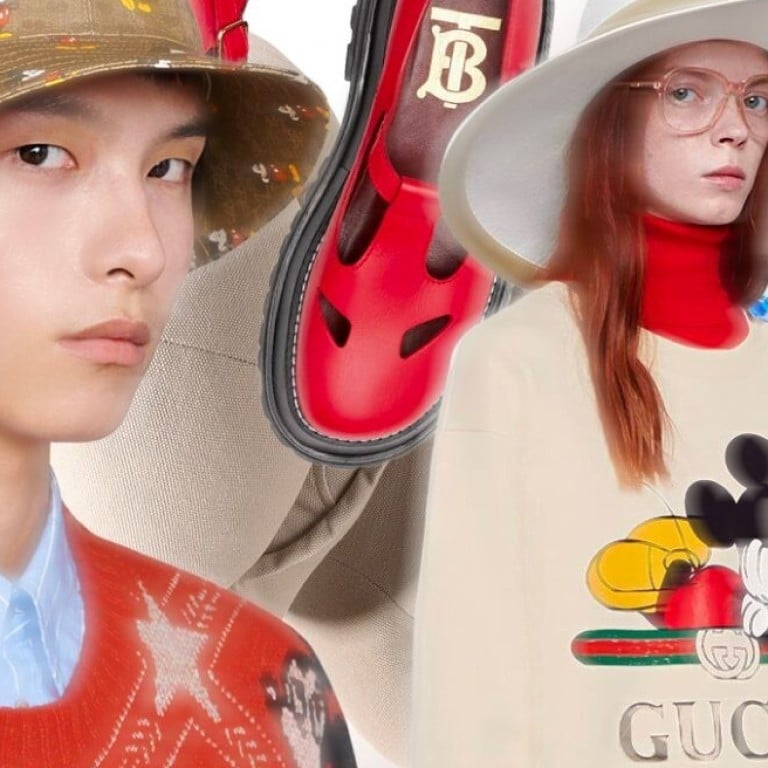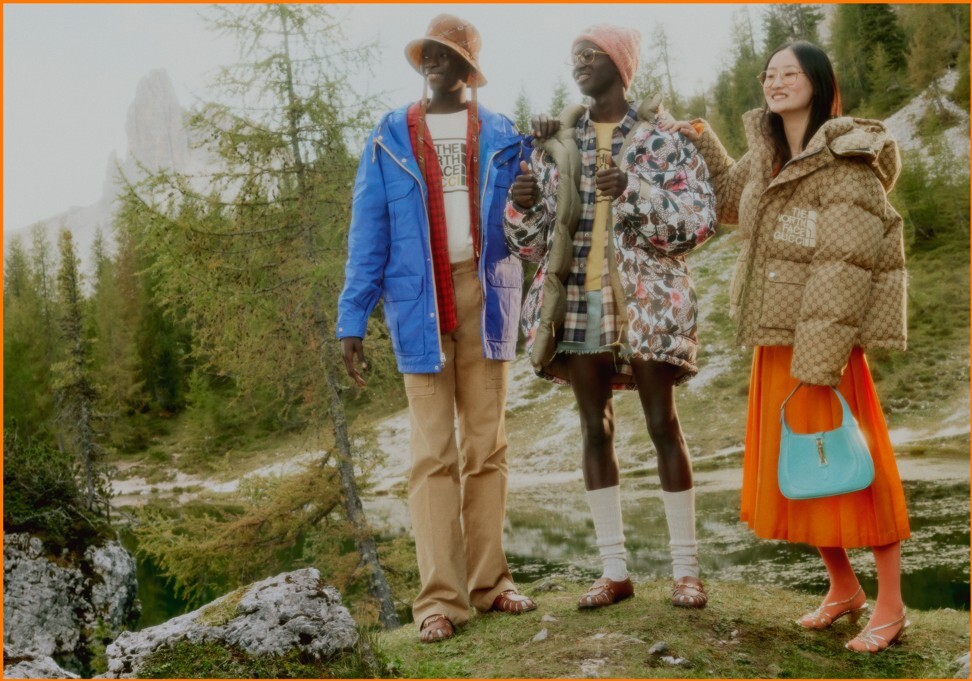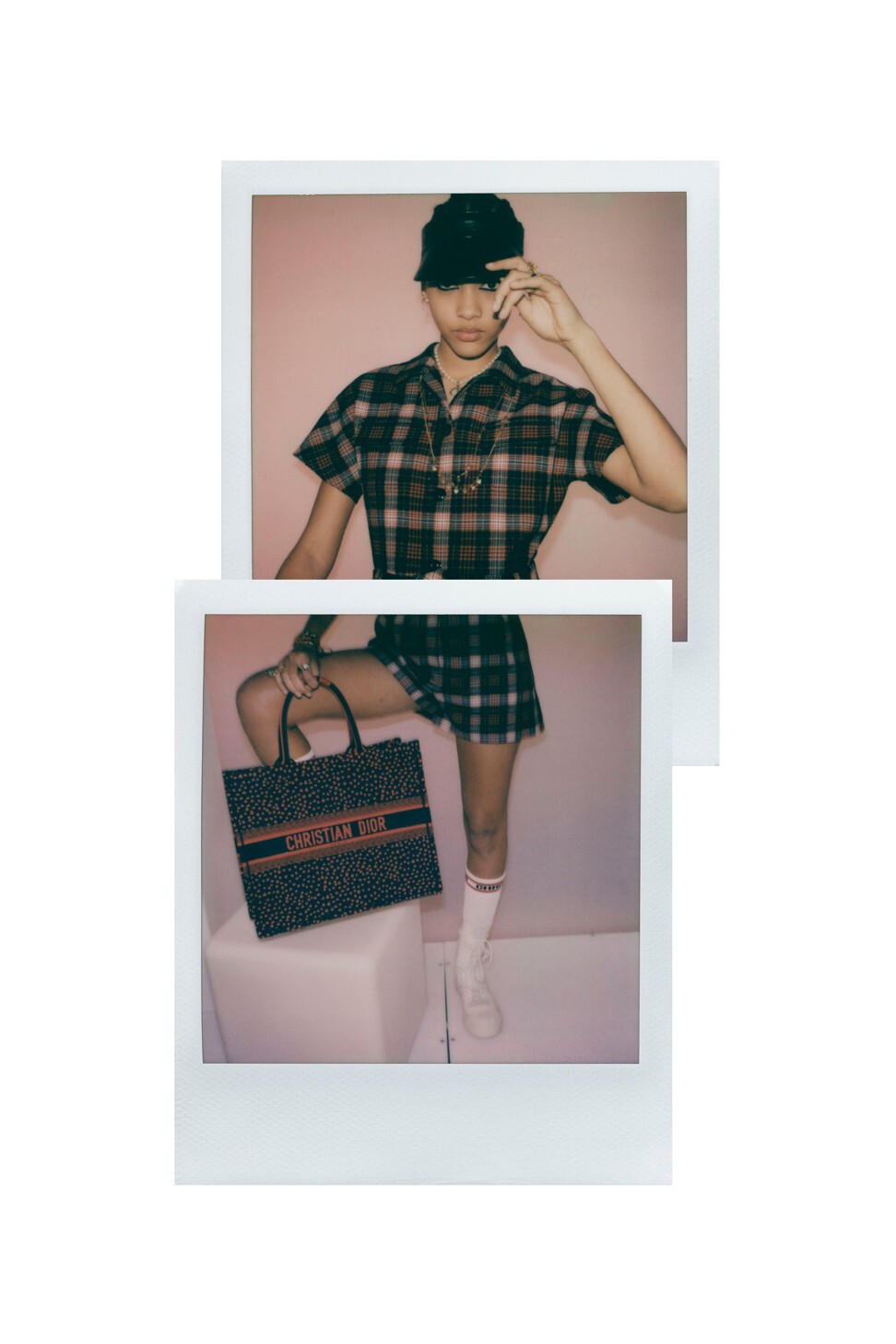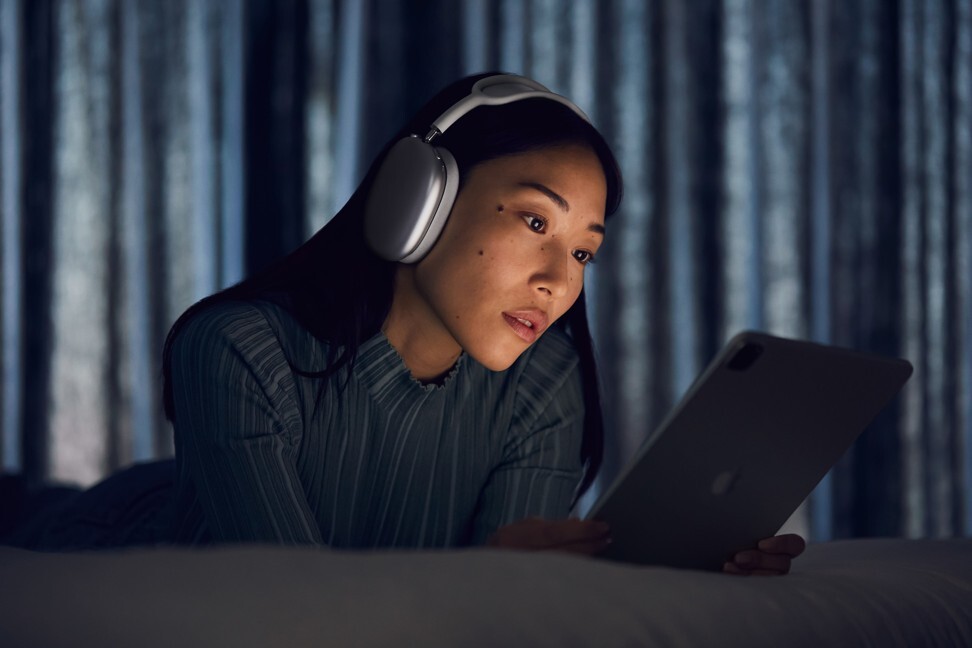Opinion / The post Covid-19 luxury decade: 21 projections for 2021 and beyond – how Apple, Nike and Louis Vuitton will change to keep up with Gen Z and Chinese consumers

Following the Covid-19 crisis, the next decade of luxury growth is likely to be impressive. However, brands will not be able to rely on the recipes of the past. Young people, women and Chinese consumers will fuel the luxury sector, ensuring brands can still thrive – but current distribution models will change entirely.
What’s more, societal change and a shift from products to purpose will transform the luxury industry as we know it.
Here are 21 predictions for the luxury industry in 2021 and beyond.

1. Because luxury sales are essentially driven by women’s purchases, the limited number of top female executives in the sector is fast becoming an embarrassment – or if it is not, it should be. Luxury has long been driven by a macho culture, but there is no scarcity of female talent in the industry. In the next 10 years, I predict that most board members and at least 25 per cent of brand CEOs will be female.
What caused the downfall of Philip Green, the ‘king of high street’?
2. While credibility and sales of Chinese brands should increase dramatically in sub segments such as consumer staples or electronics, I project that in 10 years’ time, Western brands will still dominate in the traditional luxury segments such as high-end leather goods, watches and jewellery, as well as in sporting goods and cosmetics.
4. The Indian consumer, while still a marginal contributor to luxury sales overall, will become a key contributor to the sector’s growth, giving some hope as Chinese growth gradually slows between now and the late 2020s.
Luxury brands rebound after dismal first half of 2020
6. Bernard Arnault, chairman and CEO of LVMH, will consistently top the list of the richest individuals in the world ahead of Amazon’s Jeff Bezos, as was already the case briefly in late 2019. His group will hold 90 to 100 brands, up from 76 at the time of writing.

8. Nike will generate more than 50 per cent of its sales online, mostly via directly operated apps and its own websites. The rest of its business will occur mostly via its own full-price stores and outlets. Bricks-and-mortar wholesale partners will contribute less than 25 per cent of group sales.
Gucci’s new sneaker app and 5 more hot luxury fashion launches to end 2020
11. Given the complexity of managing a low-growth business in affordable luxury handbags, I expect ownership of Michael Kors, Coach, Tory Burch and/or Furla will have changed in 10 years.
12. Leaving aside Swarovski and Pandora, no other affordable jewellery brand has been successful on a global basis. This is clearly a gap, in my view, and I expect new entrants will revolutionise the branded market for affordable jewellery over the next decade.
13. With some of the best management teams in the consumer space, great storytelling, emotional relationships with consumers and some of the most inspiring brand ambassadors out there, Nike, Adidas and Puma will be three of the fastest-growing consumer goods companies over the next decade in terms of sales.

Why luxury residences stopped banning pets and started rolling out the red carpet
15. In the next decade, travel, hospitality, cannabis, fine foods, esports and e-learning will be the fastest-growing luxury segments.
16. Louis Vuitton, still one of the largest and most influential brands in luxury, will diversify into travel in a big way, not just selling luggage and city guides like it does today, but also selling VR packages for consumers to discover the world in style without leaving their living rooms.
Are the Louis Vuitton Horizon 2.0 earbuds really worth US$1,180?
19. Most suitcases and athletic shoes from top brands will be made from recycled and/or recyclable material. Meanwhile, most handbags will still be made from real leather, but fur will be banned in many countries as substitutes take over (despite not being earth-friendly, since they are made with plastic derivatives).
20. Cartier, Tiffany and Bulgari will be using mostly lab-grown diamonds for their watches and jewellery, though centre stones on the higher-end jewellery pieces will still be from mined diamonds.
5 high jewellery watches inspired by the tropics, the Alps and more
21. With Louis Vuitton now producing in the US for the US with sites in California and in Texas, being a locavore will extend into wanting to buy other products that are manufactured closer to home. Supply chains in luxury will shift a lot closer to their end markets: “Made in Italy” or “Made in France” will gradually shift to “made in a production site near you.” For watches, “Made in Switzerland” will persist, but fewer clients will buy them.
This article originally appeared on Jing Daily.
Want more stories like this? Sign up here. Follow STYLE on Facebook, Instagram, YouTube and Twitter .

Apple will shift its priorities as iPhone sales slump, LVMH’s Bernard Arnault will beat Amazon’s Jeff Bezos as world’s richest and Cartier will use lab-grown diamonds, HSBC’s Erwan Rambourg explains